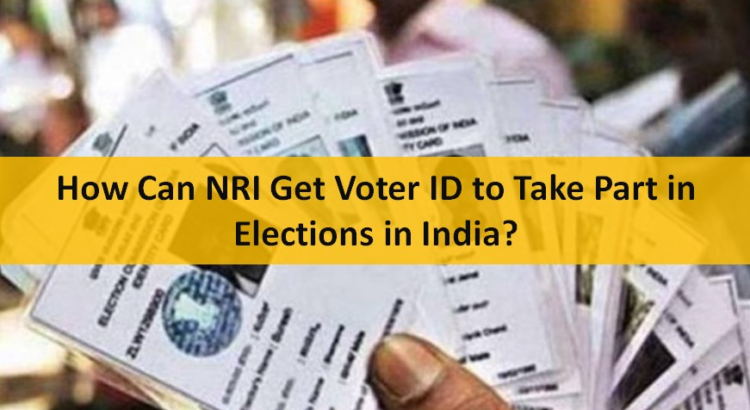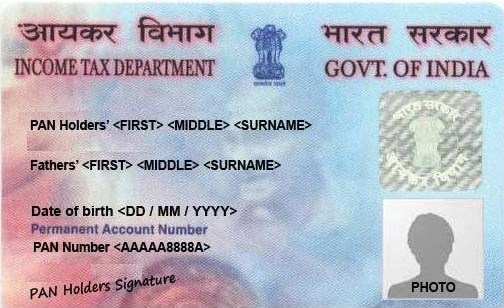Is it easy to solemnize marriage in foreign?
For natives, it’s no big deal. But, the non-residents often encounter difficulties. The foreign immigration officers make their life hell before it. They undergo a rigorous probing session. It’s a tug of war situation. The consul tries to acknowledge whether or not there is any hidden malicious intention beneath. Fraudsters follow bigamy without informing foreign spouse. The idea of acquiring foreign citizenship tempts them. Consequently, all lives split in matrimony. It leads to litigation subsequently.
Read More













